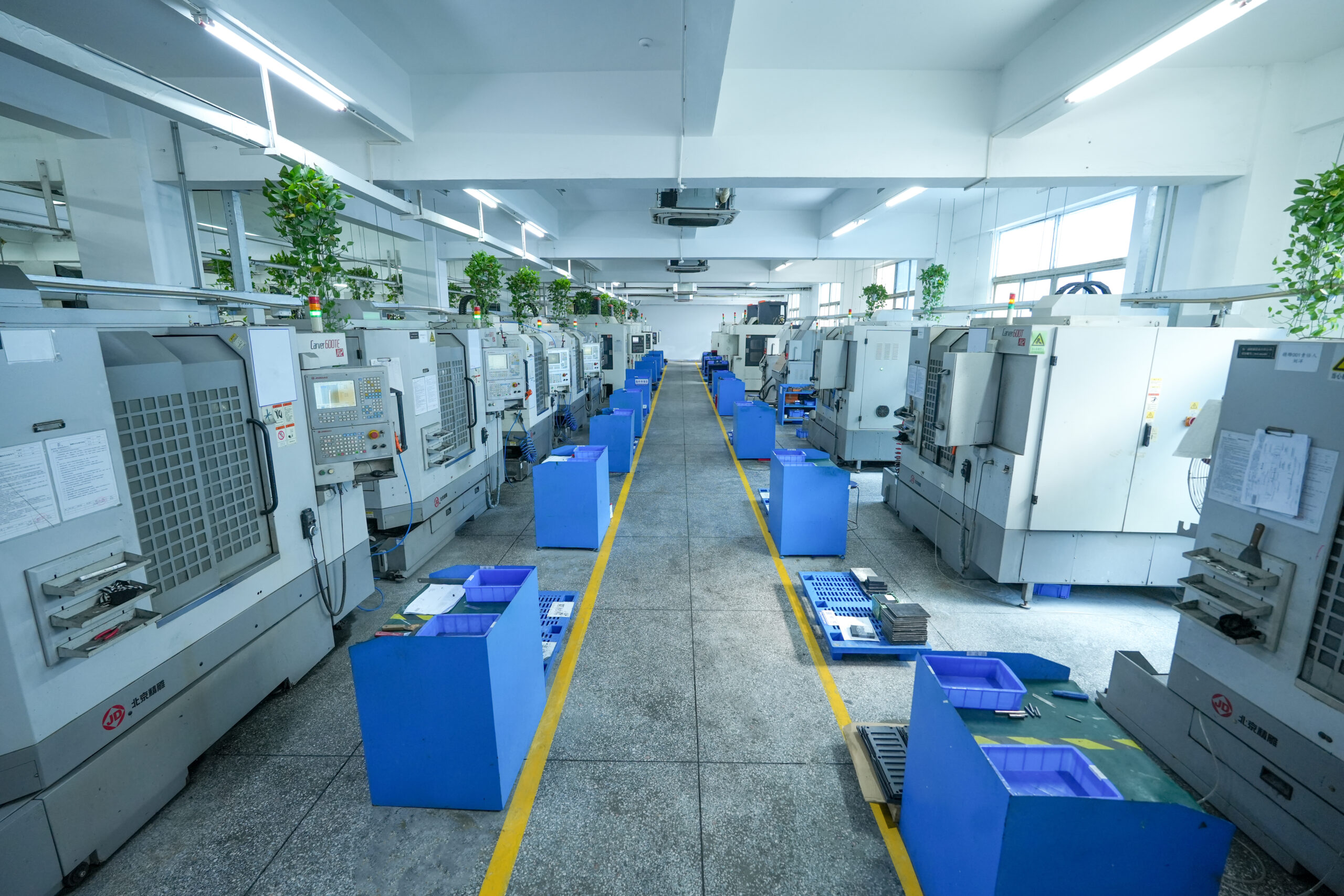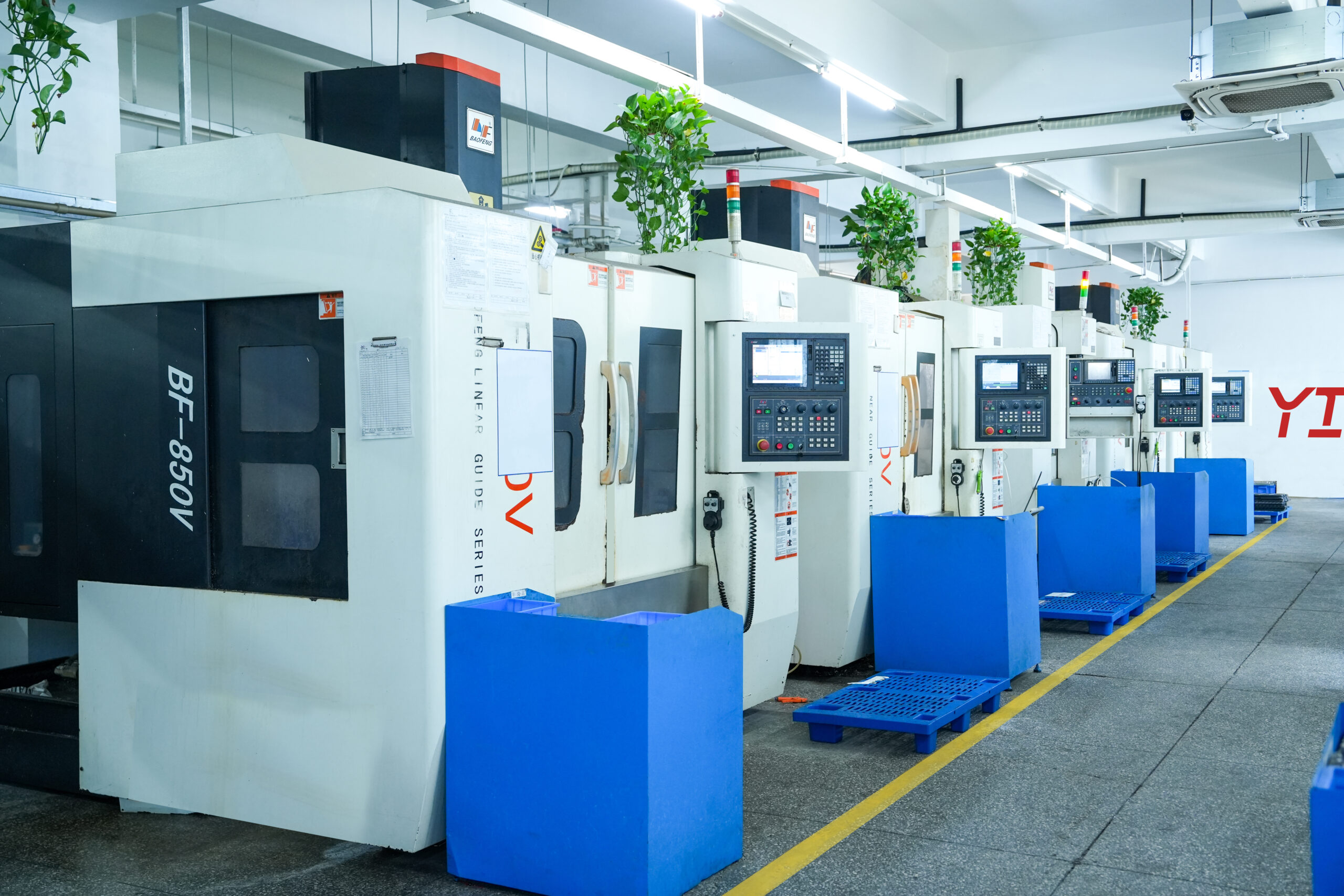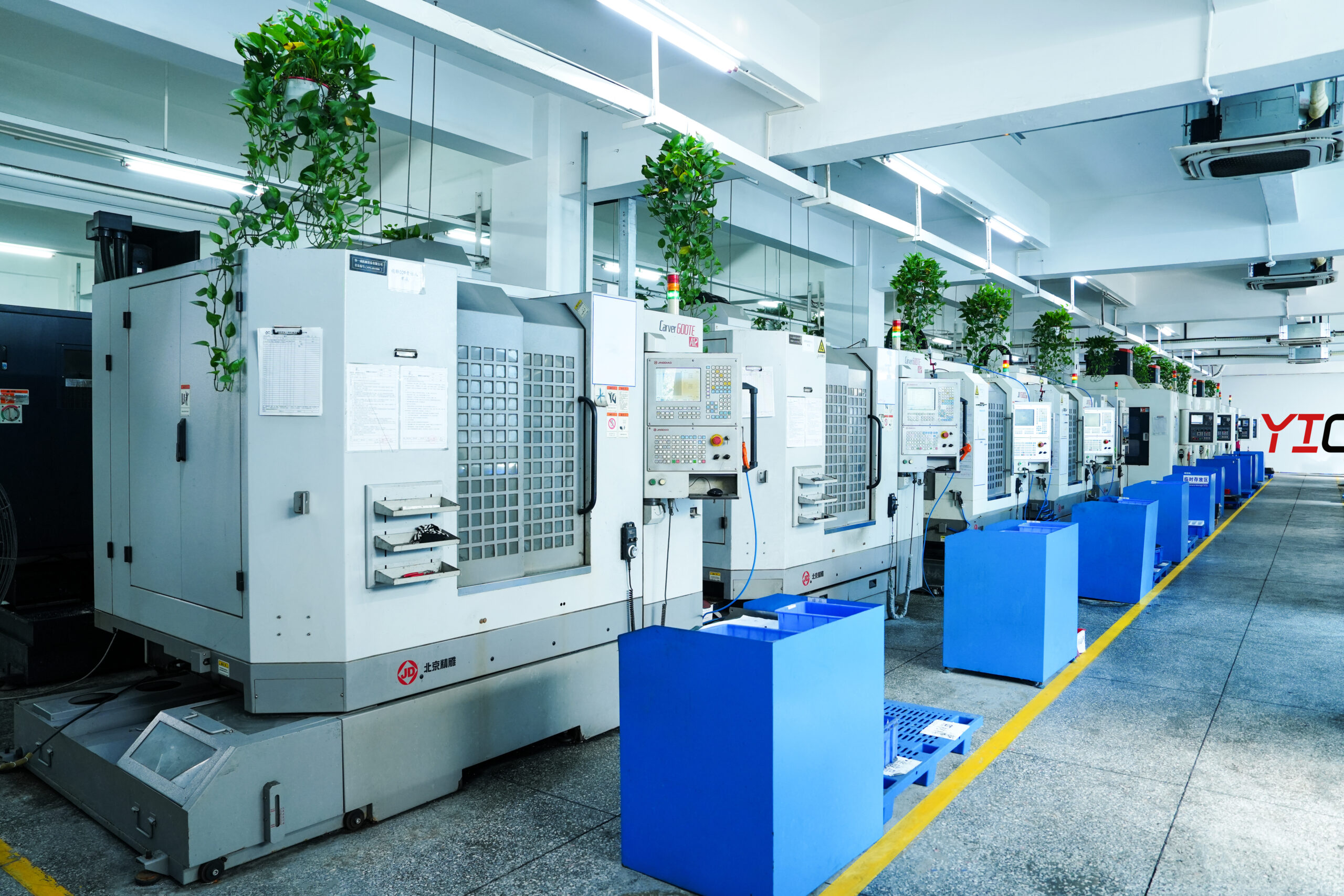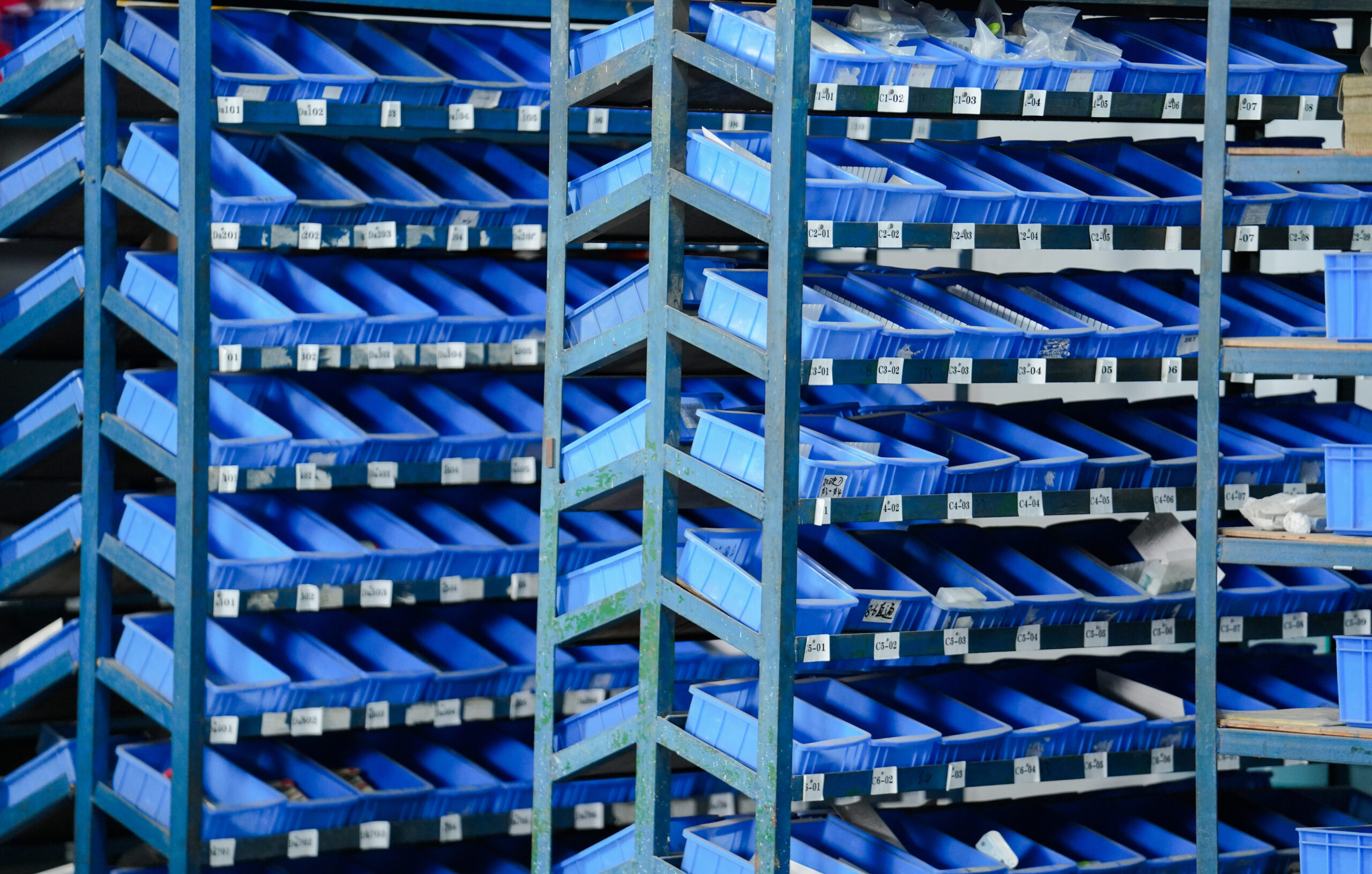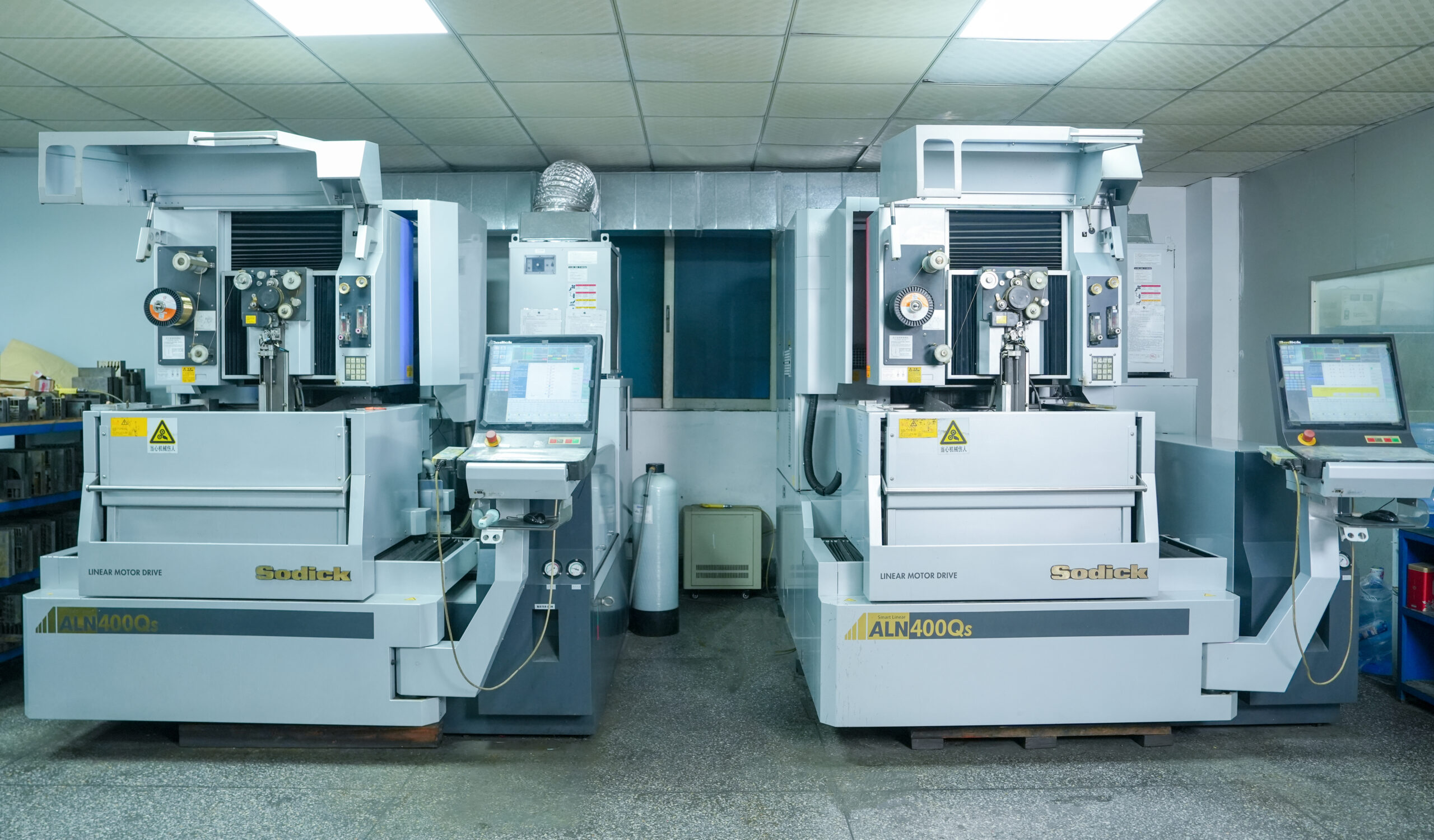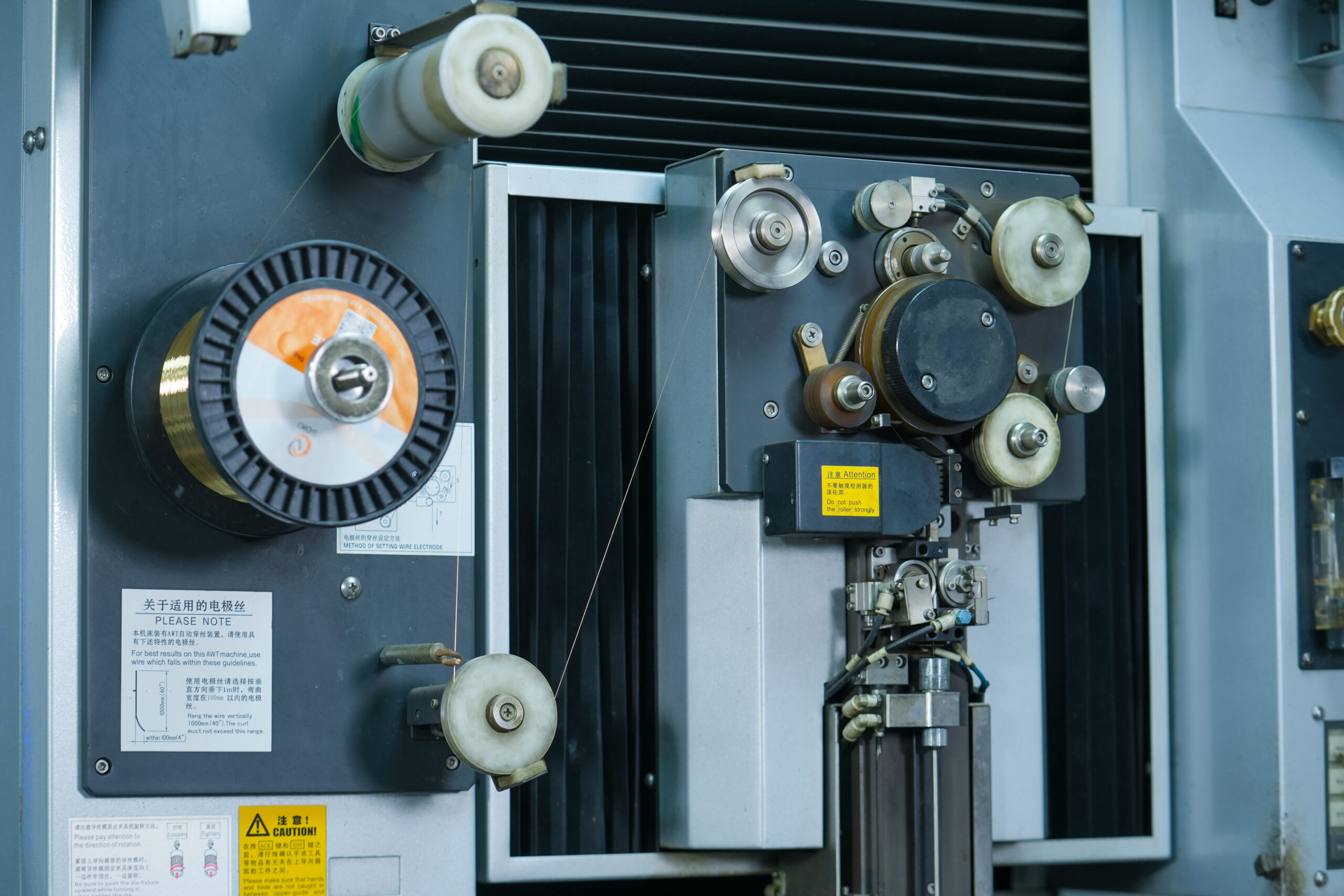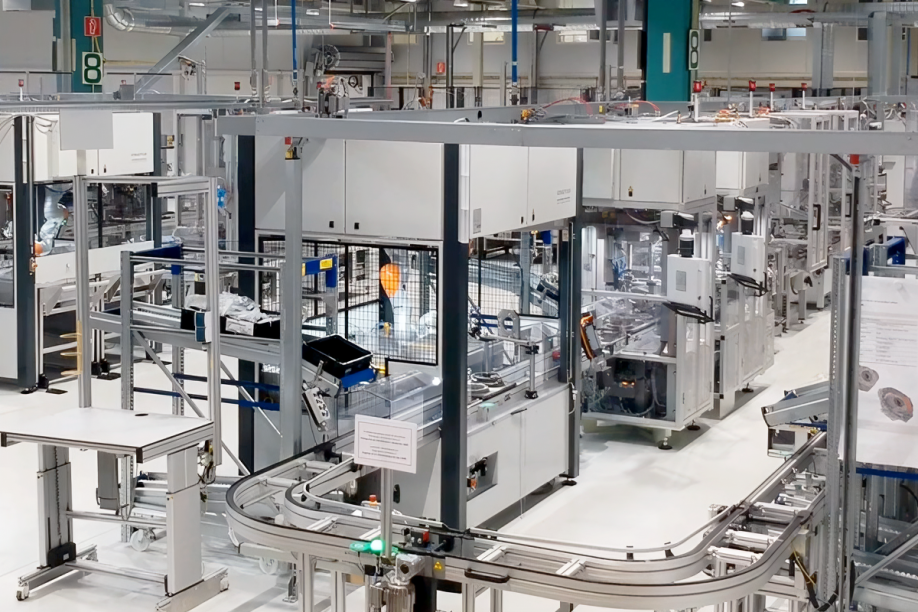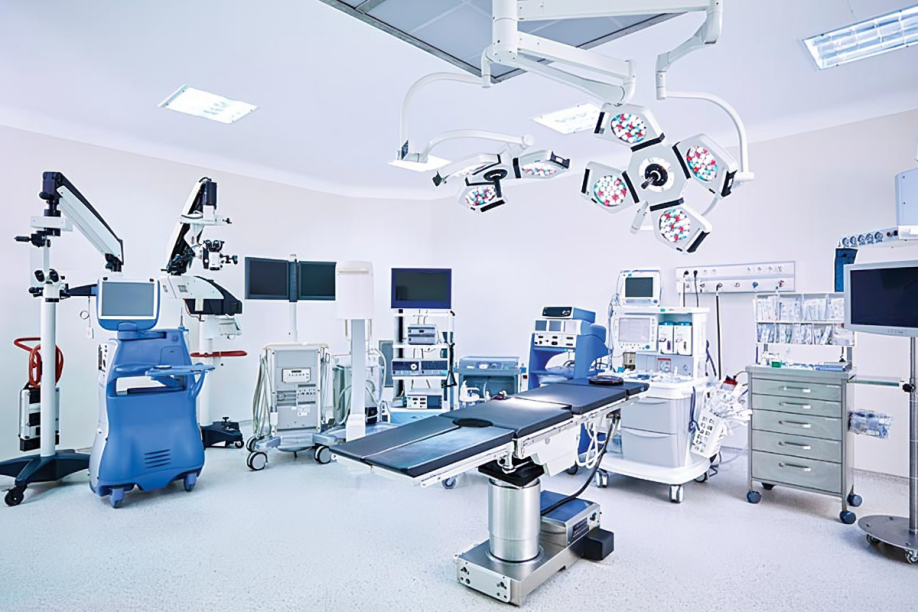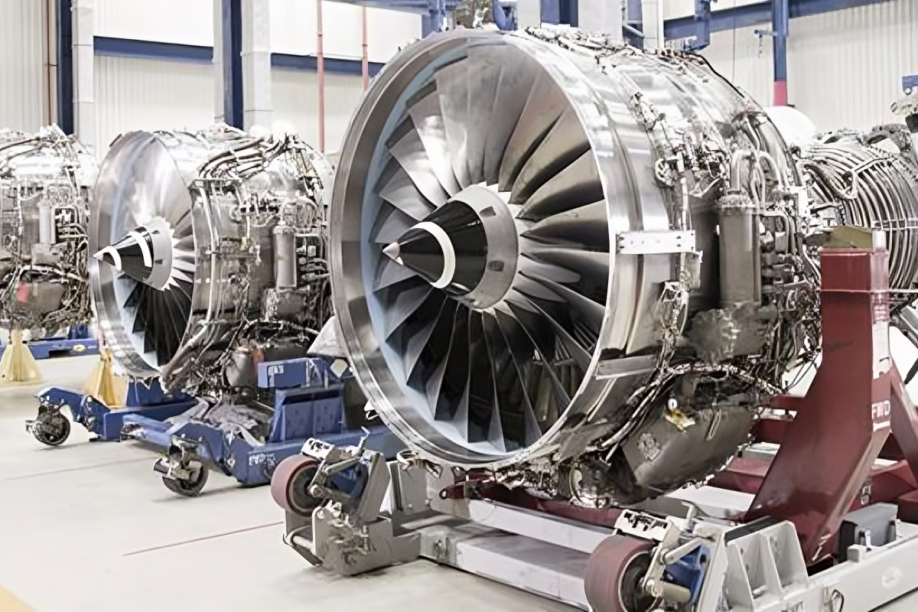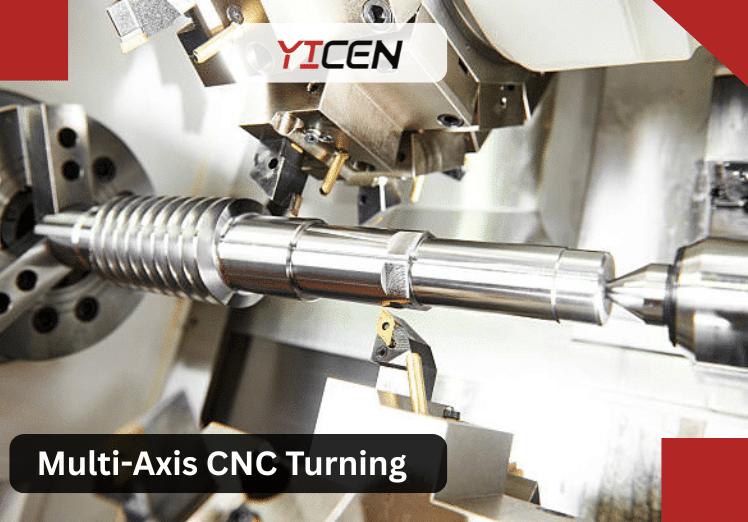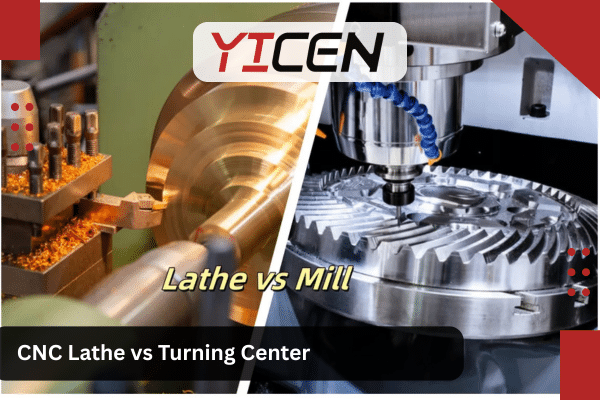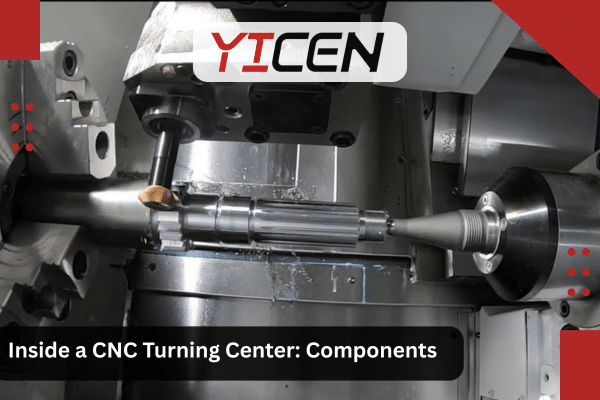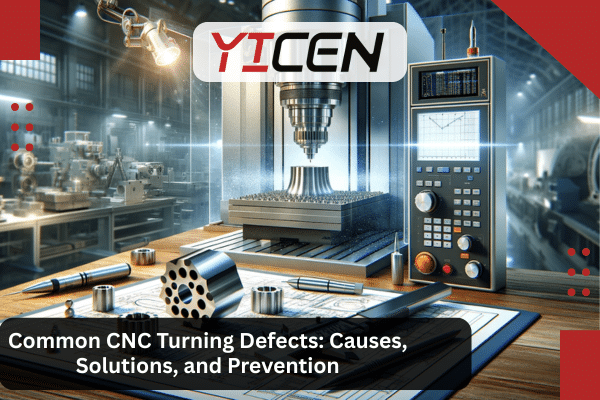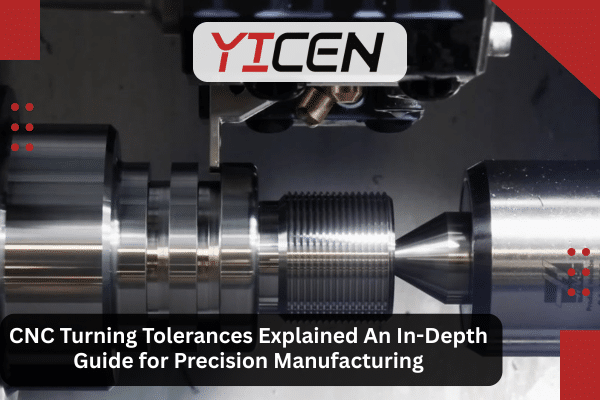A. What are Optical Lens Housings?
Optical lens housings are precision-engineered mechanical components designed to accurately position, support, and protect optical lenses and elements within semiconductor manufacturing equipment. These housings provide precise mounting interfaces, maintain critical dimensional relationships between optical elements, and often incorporate features for adjustment, focusing, and environmental sealing. Used extensively in wafer inspection microscopes, lithography exposure systems, overlay metrology tools, and defect detection equipment, optical lens housings must deliver exceptional bore accuracy, perpendicularity, and surface finish to ensure proper lens seating and maintain optical performance specifications throughout demanding semiconductor production environments where nanometer-level positioning accuracy directly impacts yield and quality.
B. Key Technical Requirements
Optical lens housings for semiconductor applications demand extraordinary dimensional precision and surface quality. Bore tolerances of ±0.0002″ to ±0.0005″ are standard for lens mounting surfaces to ensure proper fit and optical alignment. Concentricity between multiple bores within 0.0005″ TIR maintains optical axis alignment across lens assemblies. Perpendicularity of mounting surfaces to optical axis within 0.0002″ prevents lens tilt and resulting optical aberrations.
Material specifications must provide dimensional stability under temperature variations common in semiconductor facilities. Thermal expansion coefficients should be compatible with optical glass to prevent stress during temperature changes. Mechanical properties including adequate stiffness prevent deflection under mounting loads while weight optimization reduces inertia in scanning systems.
Surface finish requirements vary by function, with Ra 32 microinches adequate for external surfaces while mounting surfaces often require Ra 16 microinches or finer. Internal bore surfaces may need honing or polishing to Ra 8 microinches for precision lens seating. Thread specifications for adjustment mechanisms require precise pitch diameter control. Surface treatments including black anodizing Type II (0.0002-0.0005″ thickness) or optical blackening suppress internal reflections and stray light that degrade image quality.
C. Manufacturing Challenges & Solutions
Manufacturing optical lens housings presents unique challenges including achieving tight bore tolerances with excellent concentricity across multiple diameters, maintaining perpendicularity between mounting surfaces and optical bores, and preventing burrs or edge breaks that interfere with lens seating. Thin-walled sections require careful fixturing to prevent deflection during machining. Material considerations affect both machinability and final surface treatment compatibility.
Yicen Precision overcomes these challenges through strategic precision boring operations with single-point tools that produce concentric bores in single setups, minimizing cumulative positioning errors. Our 5-axis CNC machining enables complex features and mounting provisions while maintaining critical geometric relationships. Temperature-controlled manufacturing environments prevent thermal drift during precision operations.
We employ specialized boring bars with vibration dampening for deep bore accuracy and surface finish control. Precision honing processes achieve final bore dimensions and superior surface finishes when required. Careful burr removal procedures using manual deburring and tumbling preserve sharp edges and dimensional accuracy. Our comprehensive quality control includes CMM inspection with optical probe systems for bore measurement, air gauge verification of critical diameters, and surface finish analysis. Optical alignment verification fixtures confirm concentricity and perpendicularity specifications before surface treatment and final inspection.
D. Applications & Use Cases
Precision optical lens housings manufactured by Yicen Precision serve critical roles across semiconductor equipment applications:
- Wafer Inspection Systems – Objective lens housings for defect detection microscopes
- Lithography Equipment – Projection lens assemblies and illumination system housings
- Overlay Metrology Tools – Precision lens mounts for alignment measurement systems
- Film Thickness Measurement – Spectroscopic reflectometry optical assemblies
- E-beam Inspection – Electron optics column components and lens mounting structures
- Photomask Inspection – High-resolution imaging system lens housings
- Critical Dimension Metrology – SEM and optical CD measurement tool components
E. Why Choose Yicen Precision for Optical Lens Housings?
Yicen Precision delivers specialized expertise in precision optical mechanical components manufacturing. Our engineering team understands the critical relationships between mechanical tolerances and optical system performance. We provide comprehensive DFM consultation to optimize optical housing designs for manufacturability, thermal stability, and cost-effectiveness while meeting stringent optical alignment requirements.
Our rapid prototyping capabilities support optical system development with quick-turn production typically within 1-2 weeks for evaluation units. Scalability to production volumes ensures consistent quality from initial prototypes through high-volume equipment manufacturing. Complete material traceability and certification documentation meets semiconductor industry quality standards and supports failure analysis when required.
Cost-effective solutions result from optimized machining strategies, strategic material selection balancing performance with machinability, and design refinement without compromising the precision bore accuracy and concentricity demanded by optical applications. Our partnerships with certified anodizing and coating suppliers ensure proper surface treatments that enhance optical performance. Whether you need simple lens cell housings or complex multi-element optical assemblies, Yicen Precision delivers the mechanical precision that enables optical excellence. Contact us for a technical consultation on your specific optical lens housing requirements.

